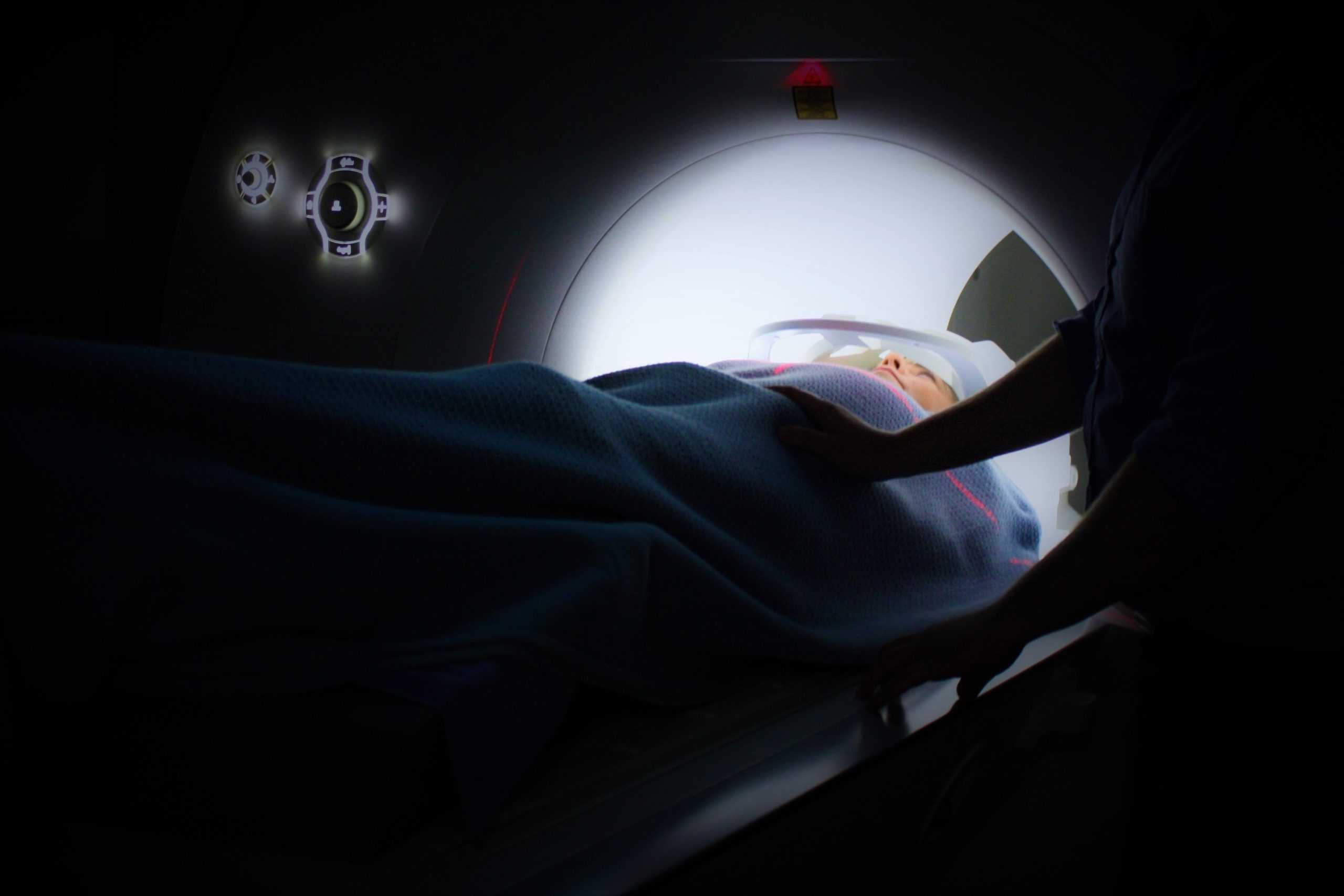Sport-related concussion is an increasing public health concern. Following a concussion, many parents take their child to an emergency department for medical attention. While it’s better to be safe than sorry, the chance of sustaining a severe complication requiring urgent medical attention – for example, due to a brain bleed or skull fracture – is quite low. In this post, we examine the prevalence of significant findings on computerized tomography (CT) and magnetic resonance imaging (MRI) scans following a concussion.
Data showed that the prevalence of an abnormal CT scan in the emergency department following a concussion is between 5% to 7%.1,2,3 Of those, only 0.9% to 1.3% required immediate surgical treatment.1,4 Also, a recent study from the Journal of Neurotrauma investigated the CT findings of 3,360 children immediately following a sport-related concussion, and only 12 cases (or 0.36%) revealed trauma-related findings such as a skull fracture or brain bleed.5
Persistent Concussion Symptoms
It’s unlikely that persistent concussion symptoms are a result of damage to brain structure. Researchers performed 427 MRI scans on children with persistent concussion-related symptoms (average of 32 days following injury). They found that only 2 cases (or 0.47%) showed possible trauma-related findings, and 16% of scans demonstrated possible pre-existing abnormalities of the brain.5 Further, a study by researchers in Manitoba concluded that “clinical neuroimaging studies are normal in the majority of paediatric patients with sports-related concussion.”6
Because most cases do not require acute care (or active, short-term treatment for a severe injury), parents and athletes may be better suited to seek out healthcare providers trained in the diagnosis and management of concussion. After red flags are ruled out, evidence shows that early diagnosis, activation, rehabilitation and education may help to improve recovery.
Recognize the Red Flags
Red flags are signs and symptoms that may indicate that a more serious injury has occurred. If you or someone you know experiences any of the below symptoms following a concussion, immediately go to an emergency department!
- Double vision
- Weakness or tingling/burning in arms or legs
- Severe or worsening headache
- Seizure or convulsion
- Loss of consciousness
- Deteriorating conscious state
- Vomiting
- Increasingly restless, agitated or combative
- Bruising around the eyes or behind the ears
For more information, find a clinic and speak to a CCMI practitioner near you.

